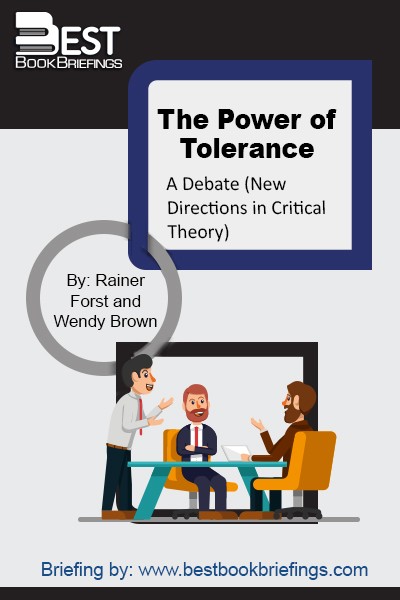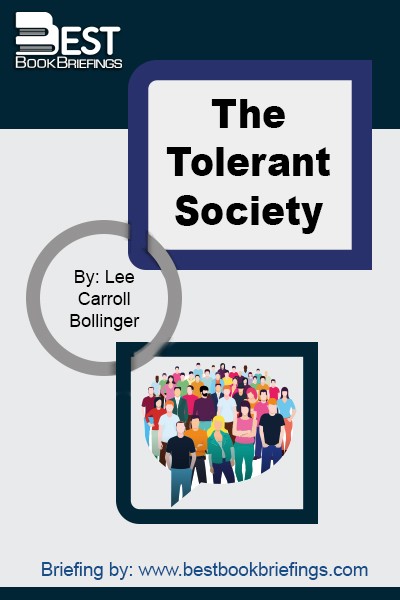The Tolerant Society
Number of pages: 320
Publisher: Oxford University Press
BBB Library: Communication
ISBN: 978-0195054309
Editorial Review
Bollinger provides a masterful critique of the major theories of freedom of expression, finding these theories persuasive but inadequate. Buttressing his argument with references to the well-known Skokie case and many other examples, as well as with a careful analysis of the primary literature on free speech, he contends that the real value of toleration of extremist speech lies in the extraordinary self-control toward antisocial behavior that it elicits: society is strengthened by the exercise of tolerance.
Book Reviews
Books on Related Topics

Social intelligence is defined as the ability to get along well with others while winning their cooperation. Social intelligence is a combination of sensitivity to the needs and interests of others, which is sometimes called your social radar, an attitude of generosity and consideration, and a set of practical skills for

What happened to disconnect us from our compassionate nature, leading us to behave violently and exploitatively? And conversely, what allows some people to stay connected to their compassionate nature under even the most tiring circumstances? While studying the factors that affect our ability to stay compassionate, Ph.D. Marshall B. Rosenberg was

We invoke the ideal of tolerance in response to conflict, but what does it mean to answer conflict with a call for tolerance? Is tolerance a way of resolving conflicts or a means of sustaining them? Does it transform conflicts into productive tensions, or does it perpetuate underlying power relations? To



